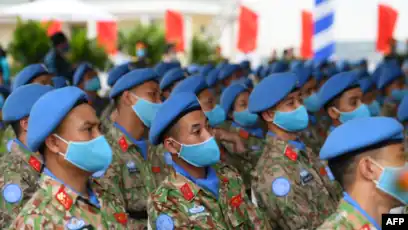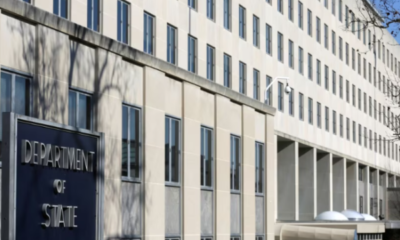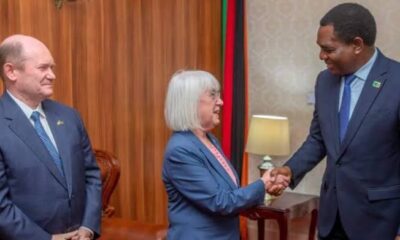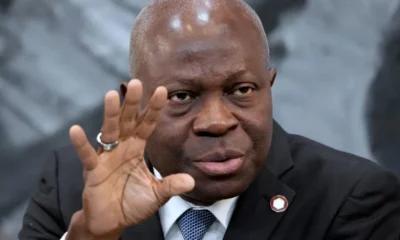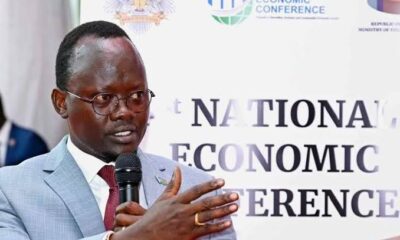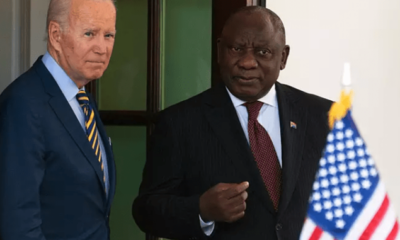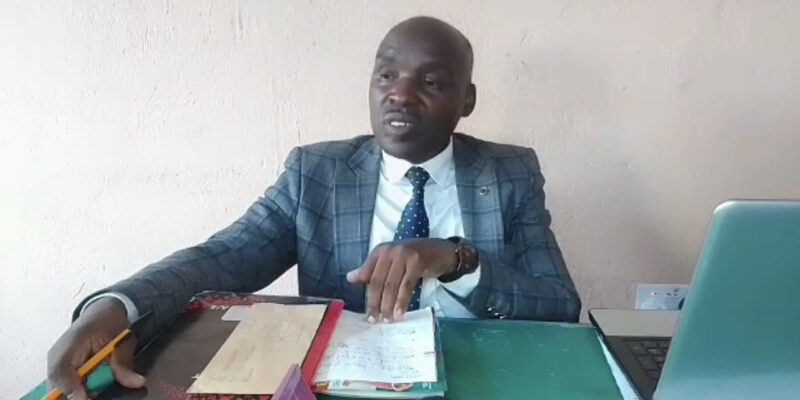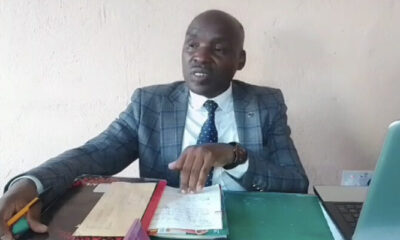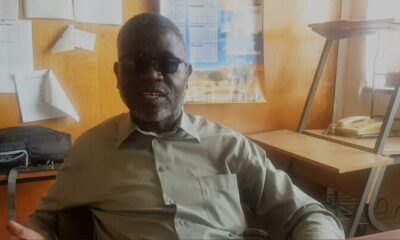Nigeria’s anti-corruption agency, the Economic and Financial Crimes Commission (EFCC), believes admitting the detained executive of cryptocurrency firm, Binance Holdings Limited, Tigran Gambaryan, will be a big risk they are not willing to take.
The Commission which arraigned Gambaryan on Tuesday at the Federal High Court in Abuja, urged the presiding judge, Justice Emeka Nwite, to deny the bail application filed by Gambaryan and his legal team.
While presenting the agency’s position, the prosecuting counsel for the EFCC, Emeka Iheanacho, argued that it was too risky to admit the foreigner to bail following the experience with his co-defendant, Nadeem Anjarwalla, who escaped from the custody of the National Security Adviser (NSA) and fled to Kenya where he was rearrested by the Kenyan police last weekend.
“This court will be taking a grave risk to grant the defendant bail. This is also considering the fact that he has no attachment to any community in Nigeria,” Iheanacho said.
“The experience we have had with the man who escaped to Kenya while his United Kingdom passport is in Nigeria will certainly repeat itself if this defendant is granted bail.
“The 1st defendant (Binance) is operating virtually. The only thing we have to hold on to is this defendant. So, we pray My Lord to refuse bail to the defendant,” the EFCC prosecutor said.
Iheanacho further told the court that the agency had uncovered a plot hatched by Gambaryan to obtain a new passport to facilitate his escape from Nigeria after the EFCC had seized his passport within the same period that Anjarwalla fled the custody.
“There was an attempt by this defendant to procure another travelling document even when he was aware that his passport was in the custody of the state. He pretended as if the said passport was stolen.
“Because of the information we received, we ask that the defendant be kept in the EFCC custody so that he doesn’t escape. We will ensure that he is properly taken care of.
“Private inconvenience is preferable to public disgrace. My Lord, we urge this honourable court to refuse the bail request of the defendant and instead remand him in our detention facility.”
However, while Gambaryan’s bail application, his lawyer, Mark Mordi, said his continued detention was nothing but a purely state-sanctioned hostage taking as his client was being held by EFCC as a leverage to obtain information from his employer.
“He can’t go anywhere. The EFCC have his passport. Already, being here, unable to go meet his family, is enough torture.
“The proof of service does not contain one document that incriminates my client. I dare the prosecutor to bring it out for us to see.”
Mordi added the claim by the EFCC that his client was planning to escape from the country was a false and unreliable information based on hearsay and inadmissible evidence.
“The prosecution has not presented any credible evidence to establish why the defendant should not be granted bail,” he maintained, while praying the court to grant the defendant bail and stipulate conditions that would ensure his attendance at his trial.
After listening to presentations by both prosecutors, the Judge adjourned the case till May 17 for ruling.
Gambaryan and Binance Holdings Limited as well as Anjarwalla (in absentia), are being prosecuted by the EFCC on money laundering charges after they were accused by the anti-graft agency of concealing the source of the $35,400, 000 generated as revenue by Binance in Nigeria, knowing that the funds constituted proceeds of unlawful activity.

 Culture1 day ago
Culture1 day ago
 Metro1 day ago
Metro1 day ago
 VenturesNow2 days ago
VenturesNow2 days ago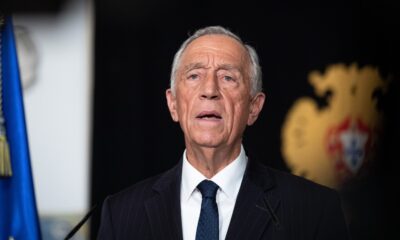
 Musings From Abroad11 hours ago
Musings From Abroad11 hours ago
